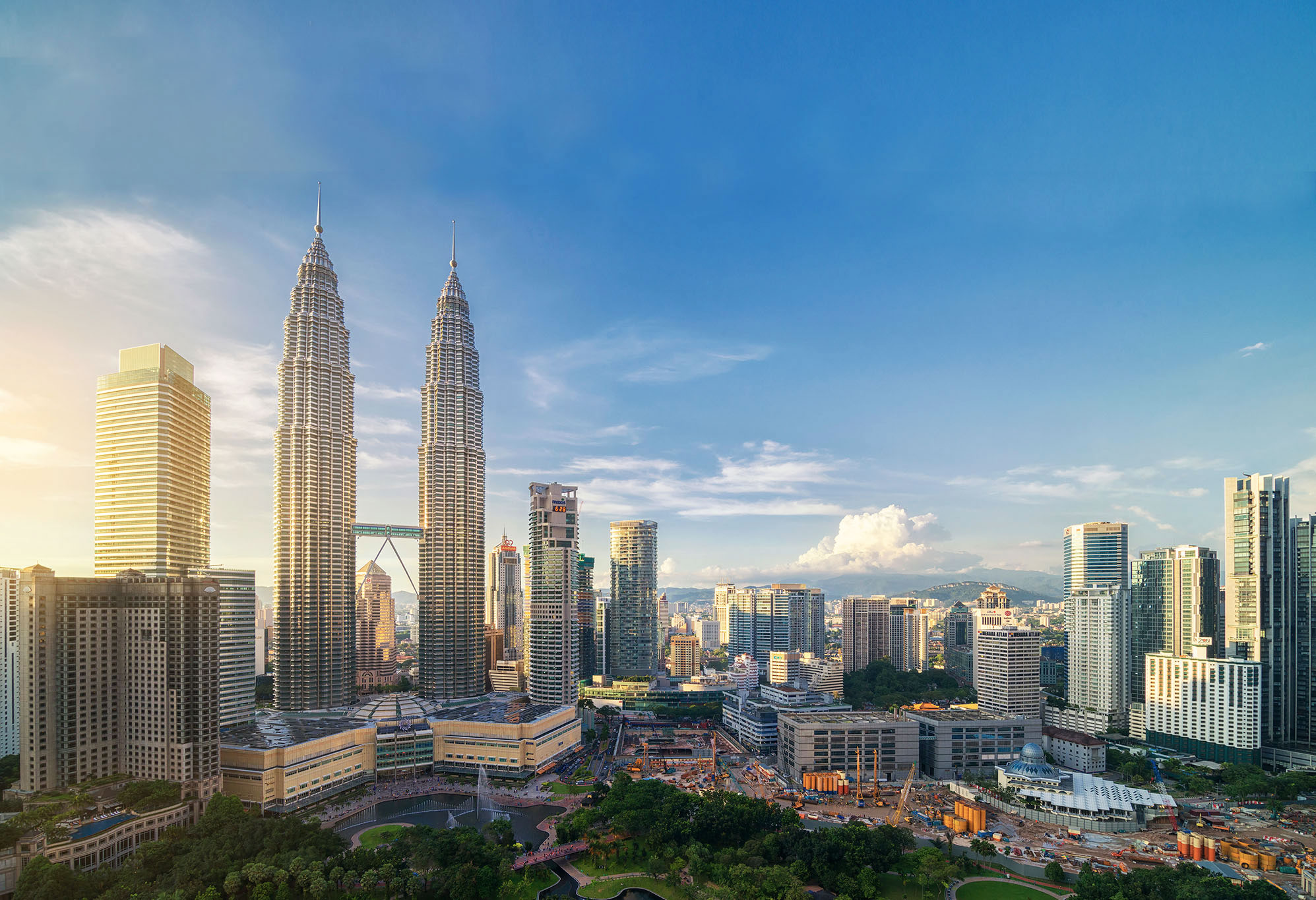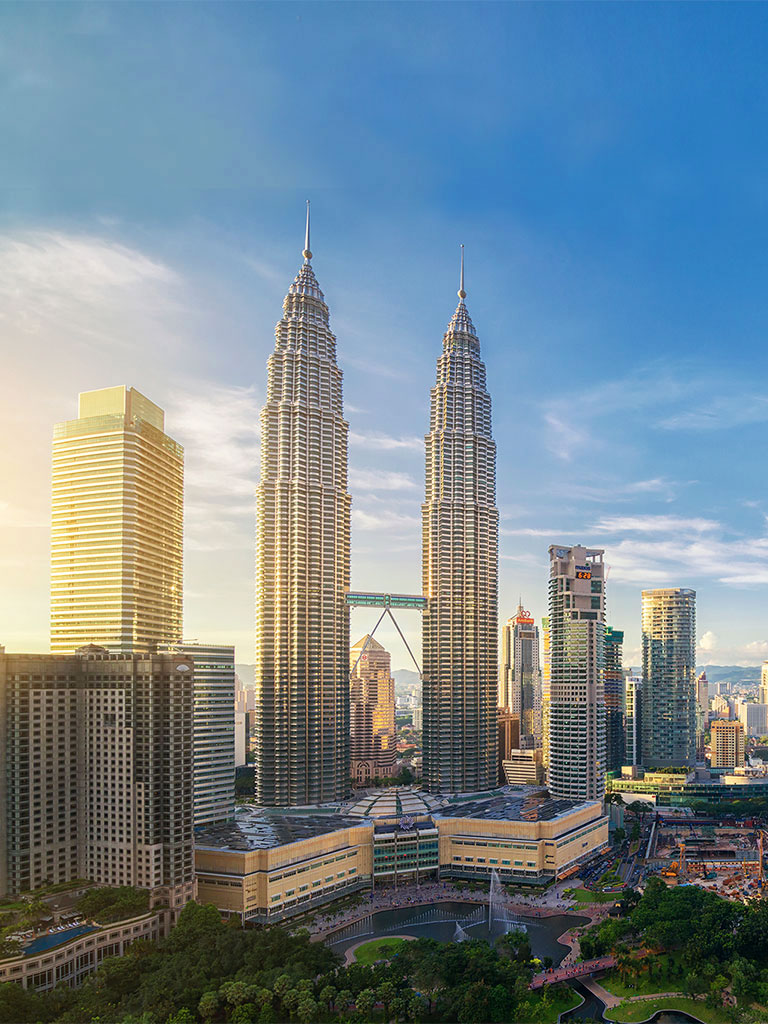
The Heart of a Regional Hub
Promoting ease of doing business in Greater Kuala Lumpur through open, international trade, and preparing its citizens for an inclusive and
The future is happening now in Malaysia. Having achieved a full-year GDP growth of 8.7% in 2022—outpacing that of Asia as a whole (4.2%)—the country is set to transition from a recognized global business hub to the go-to international innovation and investment center of the region. Enticed by the prospect of strengthening their presence—or planting entirely new roots—in the country, foreign multinational corporations (MNCs) are heading to the Southeast Asian nation and reaping the benefits of being at the gateway of an entire continent. A number of Fortune 500 companies have already established a presence there including Nestle, Amazon Web Services, IBM and Allianz taking advantage of the country’s business-friendly policies.

Eye on the Future
With the goals of enhancing the country’s competitiveness, making business as seamless as possible, and to establish the nation as one of Asia’s top investment destinations, Malaysia has put in place a liberal trade and investment framework focused on long-term, sustainable growth.
One strand of this strategy has been to enter mutually beneficial economic cooperation agreements. To this end, in 2022, the country ratified back-to-back global trade agreements: the Comprehensive and Progressive Agreement for Trans-Pacific Partnership (CPTPP) and the Regional Comprehensive Economic Partnership (RCEP).
Malaysia is also among 14 founding member nations of the Indo-Pacific Economic Framework for Prosperity (IPEF). Together, the CPTPP, RCEP and IPEF are positioning Malaysia as a strong strategic partner for mutually advantageous economic cooperation in the region through enhanced competitiveness, regulatory harmonization and diversification of markets.
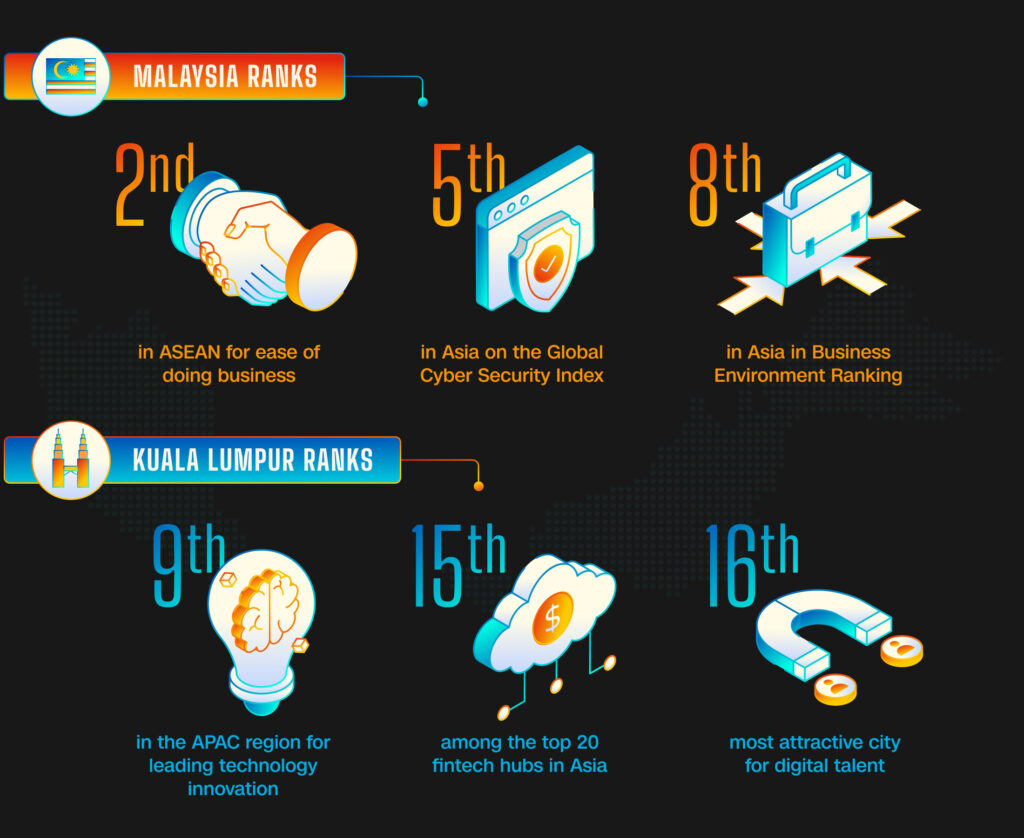
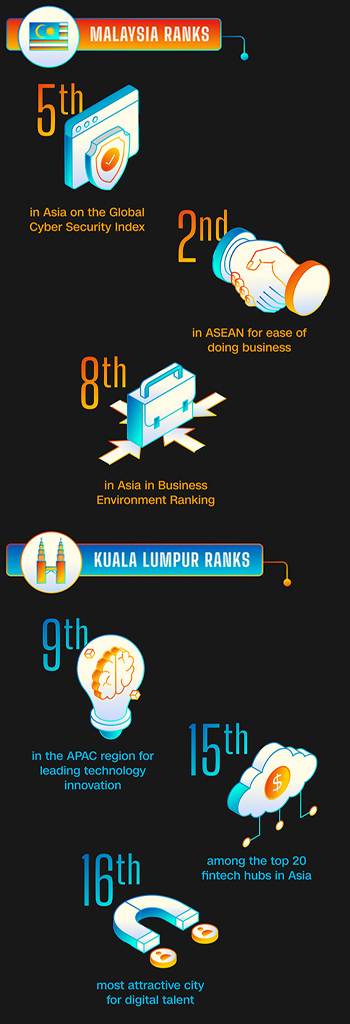
An equally important strand has been the country’s strategic national frameworks and their alignment with the 12th Malaysia Plan (12MP) and the National Investment Aspirations (NIA).
Launched in 2021, 12MP is the master plan charting the country’s economic development through 2025. It outlines a comprehensive roadmap for economic growth and development, emphasizing infrastructure, digital transformation, and a skilled workforce.
The NIA aims to attract quality and strategic investment, reduce dependency on unskilled labor and spur technology transfer. Some of the sectors under NIA’s remit are semiconductors, pharmaceuticals and the digital economy.
Meanwhile, the MADANI framework emphasizes the importance of values such as sustainability, wellbeing, creativity and innovation, and respect for others, to boost the confidence of the rakyat (ordinary citizens), and accelerate the nation’s readiness for the future.
Gateway to the Region
Spearheading Malaysia’s global readiness strategy is Greater Kuala Lumpur (Greater KL). Multicultural at its core, Greater KL had, in 2020, a population of over nine million and Gross National Income of $297.6 billion (RM1.34 trillion). The hub is recognized as one of Asia’s top investment destinations, leveraging the strengths of the country’s dynamic workforce, cost-competitive environment for doing business and access to Southeast Asia.
At the sharp end is Malaysia’s investment promotion agency, InvestKL, which is under the Ministry of Investment, Trade and Industry (MITI). Since 2011, the agency has secured $4.7 billion (RM21.52 billion) in committed investment from over 120 multinational corporations with an ambitious 10-year vision of attracting $7.7 billion (RM35 billion) in investment by 2030.
Part of that vision is to cement Greater KL’s status as a regional leader in the digital economy, including verticals such as FinTech, cybersecurity, and ideation and innovation—or industries requiring a highly skilled workforce.
With InvestKL’s ongoing support in matters such as regulations, cross-border facilitation (from immigration to supply chains and more), and talent matching, MNCs continue to grow not just in Greater KL, but Malaysia as a whole.

Cases in Point
McDermott, a leading global supplier of engineering and construction solutions for the energy industry, relocated its Asia Pacific hub to Greater KL in 2016. The move, facilitated by InvestKL, has seen the American firm rapidly expand its operations in Malaysia, especially for next-generation offshore energy platforms, benefiting both the company and the region.
In 2019, Oracle opened a digital hub in Greater KL, the first such center for the American enterprise service provider in Southeast Asia. Leveraging Greater KL’s tech-savvy workforce, including its digital-first generation of workers, the Oracle Digital Hub provides cloud computing solutions for 22 countries across Asia.
In the same year, German bank Commerzbank established a trade finance subsidiary in Greater KL, taking advantage of its established reputation as a global shared services center serving markets across Asia and Europe. Commerzbank’s move is in line with Greater KL’s ambition to lead digital transformation in the region.

Sustainable Growth
Looking ahead, Malaysia is committed to leading the creation of a vibrant green economy across Asia. The country has committed to becoming a carbon-neutral nation by 2050, and announced the establishment of a voluntary carbon market exchange on Bursa Malaysia, the nation’s stock exchange. It has also set down roadmaps for areas such as green supply chains, green energy, green mobility, and ecotourism.
The government has placed the sustainability agenda as an important priority and is looking to strengthen and widen sustainability related efforts—thus realizing the country’s ambition to become a technology-driven green nation.
Malaysia has set down three key strategic plans: the Green Technology Master Plan to create a low-carbon and resource-efficient economy; the Malaysia Renewable Energy Roadmap to increase renewable energy share in the national capacity mix and decarbonize the power generation sector; and the National Energy Efficiency Action Plan to enhance energy management.
With a clear path toward a green future, MNCs in the sector can be confident that the opportunities they seek in green innovation can not only be found in the Greater KL area, but also accelerated across Malaysia, Southeast Asia, and beyond.
A Future-ready City
With its strategic location and well-established ports, Malaysia has long played a pivotal role as an important trade route in the region. By leveraging its fundamentals and transforming through its economic frameworks, Malaysia is positioning itself as a leading nation in Southeast Asia. The future looks promising as the country, propelled by the economic force of Greater KL, continues to enhance the business landscape with a priority on implementing changes that bring benefits to all
